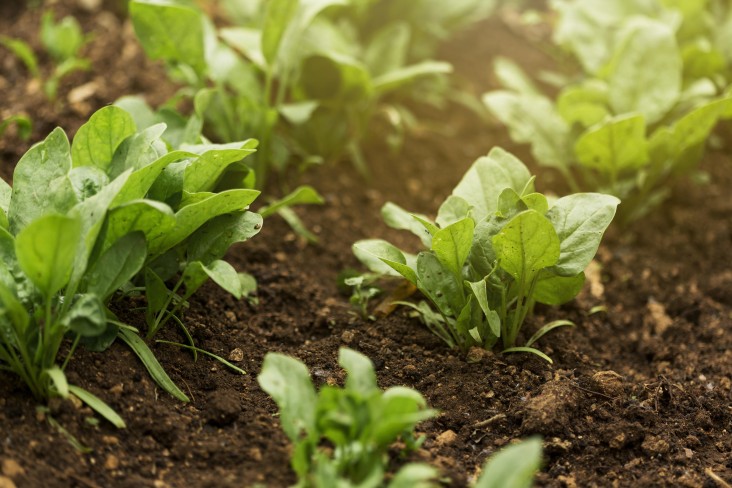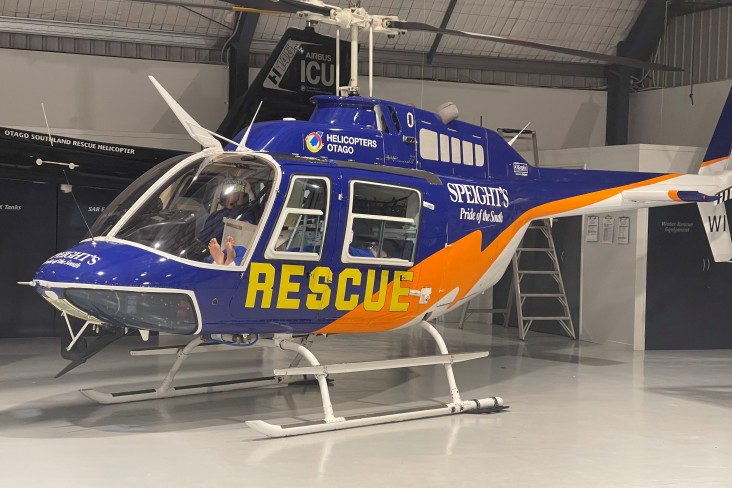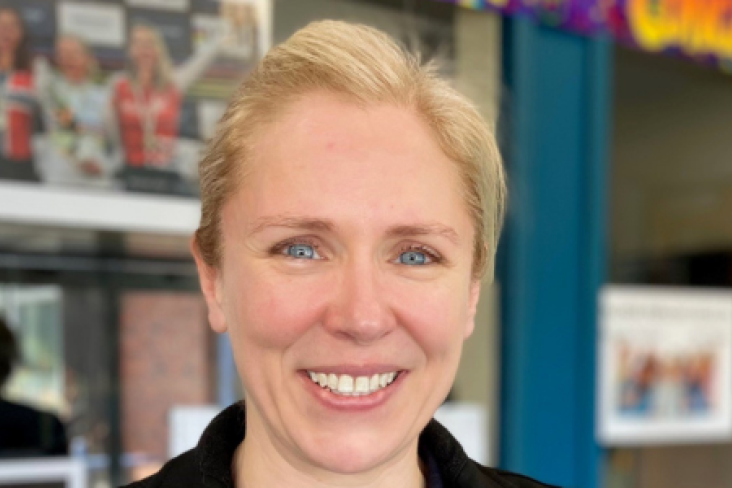A Te Whatu Ora Southern case study was recently published to provide insights into improving the support for Māori trauma patients as they transition from the hospital to community care.
The project began in 2021 when the trauma rehabilitation national collaborative brought together 11 teams of rehabilitation clinicians from across Aotearoa New Zealand to undertake quality improvement projects for better rehabilitation outcomes after major trauma. This initiative was part of a broader effort by the National Trauma Network, Accident Compensation Corporation (ACC), and Te Tāhū Hauora Health Quality & Safety Commission to establish a contemporary trauma care system.
Māori trauma patients garnered attention because they are overrepresented in traumatic brain injury (TBI) statistics, facing a 23 percent higher risk of mild TBI compared to Pākehā, and a threefold increase in TBI due to assault. Properly managing the long-term consequences of TBI is crucial to prevent adverse impacts on whānau relationships, employment, and community involvement.
To address these challenges, the Te Ara Mārama project focused on Wakari Hospital's Puāwai rehabilitation unit, a multi-disciplinary service which engaged in consumer co-design and involved staff members to identify issues. A consumer representative was an integral part of the project, ensuring that the consumer perspective remained at the forefront. The team found that patients faced difficulties adjusting to life when transitioning back home, and often the unit staff were unaware of available community services or unsure how to refer.
After that, the team developed a well-being assessment tool based on the Te Whare Tapa Whā model, aiming to improve the four dimensions or 'walls' of the whare:
− taha hinengaro – mental and emotional
− taha tinana – physical
− taha whānau – whānau and social
− taha wairua – spiritual
The project also made significant progress in community engagement and establishing relationships (whakawhanaungatanga) with kaupapa Māori service providers.
Data was collected from previously discharged Māori patients and those currently transitioning through and outwards from the unit. At the project's conclusion, positive changes were observed across all four dimensions, with the most significant gain of +1.5 in taha tinana (physical well-being). Gains of +0.7, +0.6, and +0.5 were seen in taha whānau, taha wairua, and taha hinengaro, respectively.
Average Te Whare Tapa Whā scores for pre- and post-intervention periods
Additionally, the percentage of Māori patients offered referrals to a kaupapa Māori provider increased dramatically from 0 percent to 98 percent, which was an exciting development.
Mathew Kiore, Te Whatu Ora Southern Principal Advisor - Services Design and a key figure in the project, highlights that the collaborative project has demonstrated the partnership between Kaupapa Māori community support services and our inpatient services, driven by the mutual objective of enhancing patient outcomes.
Notably, the change ideas successfully tested during this project have been incorporated into the Whāia te Ora (pursuit of health) framework, which is now in place at the Puāwai rehabilitation unit. Staff consultation and education helped to embed this framework into everyday practice.
“The Te Whatu Ora Southern service planning team expressed keen interest in how the Te Whare Tapa Whā tool developed through this work could enhance equity across the organisation,” Mathew shares.
Kat Quick, Clinical Lead for Trauma Rehabilitation at Te Tāhū Hauora Health Quality & Safety Commission, says that the Te Ara Mārama project from Te Whatu Ora Southern was incredibly progressive and innovative, focusing on equitable outcomes for Māori TBI patients.
“The team successfully applied the quality improvement methodology, incorporated health equity principles and integrated consumer co-design into their project. This was part of a great collaboration between rehabilitation services like at Te Whatu Ora Southern, Te Tāhū Hauora and the National Trauma Network,” she adds.
The team at the Puāwai rehabilitation unit aspires to share their work nationwide and improve the transition of care for Māori trauma patients across Aotearoa New Zealand.
Read the Te Whatu Ora Southern case study: Te Ara Mārama – Improving transition of care to the community for Māori trauma patients


